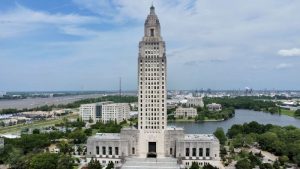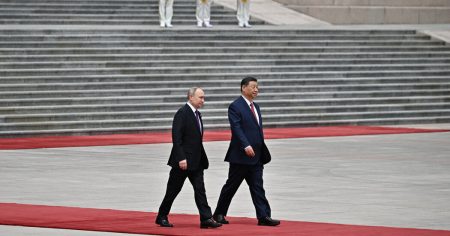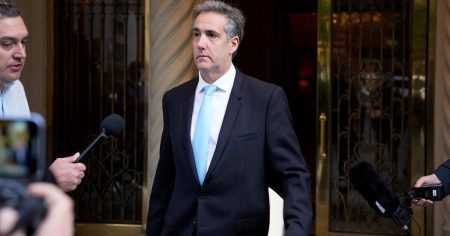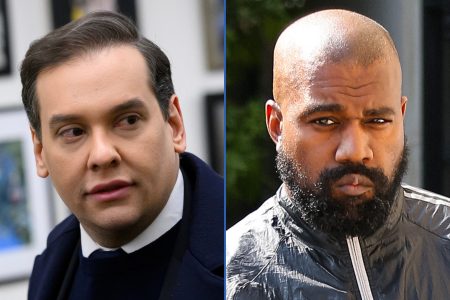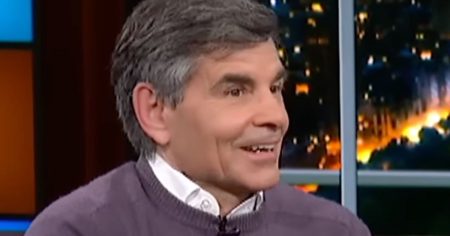The Supreme Court of the United States (SCOTUS) may soon rule on former President Donald Trump’s claims of immunity from criminal prosecution while in office. A 2009 law review article by Justice Brett Kavanaugh provides insight into how the conservative justice might approach the issue. Kavanaugh did not support blanket immunity and suggested that prosecution could occur after a president’s term ends. Depending on the Supreme Court’s ruling, some of Trump’s legal troubles could disappear, though analysts and experts believe he may only receive a minor victory, with the court possibly not issuing a final decision on immunity.
In his 2009 article, Kavanaugh argued that the President’s job is extremely challenging and that individuals elected to the office should be able to focus on their tasks with minimal distractions, including criminal prosecution while in office. Kavanaugh advocated for deferring litigation and investigations against sitting presidents accused of wrongdoing until they are out of office, to ensure they can effectively fulfill their duties. He acknowledged the need for a check against a law-breaking president but emphasized that the Constitution provides for impeachment as an appropriate recourse.
Kavanaugh noted that an impeached and removed President remains subject to criminal prosecution after leaving office, suggesting that the impeachment process serves as a check on presidential misconduct. Some legal experts believe Kavanaugh’s 2009 writing may offer insights into how he and other conservative justices could approach Trump’s claims of immunity. While Trump’s lawyers argue that he can only be held criminally liable for actions taken while in office if he was impeached and removed by Congress, it remains unclear how Kavanaugh’s views on impeachment may influence his ruling.
Instead of focusing on whether impeachment and removal are necessary to address claims of immunity, Kavanaugh and other conservative justices may be considering establishing a standard or rule to determine when immunity applies to presidential actions. Analysts suggest that the Court may not definitively resolve the question of presidential immunity in this case, and the decision could be sent back to lower courts for further review. While a victory for Trump, it may not be a complete win, with the justices possibly opting for a more nuanced ruling based on future applications of the decision rather than the specific facts at hand.


